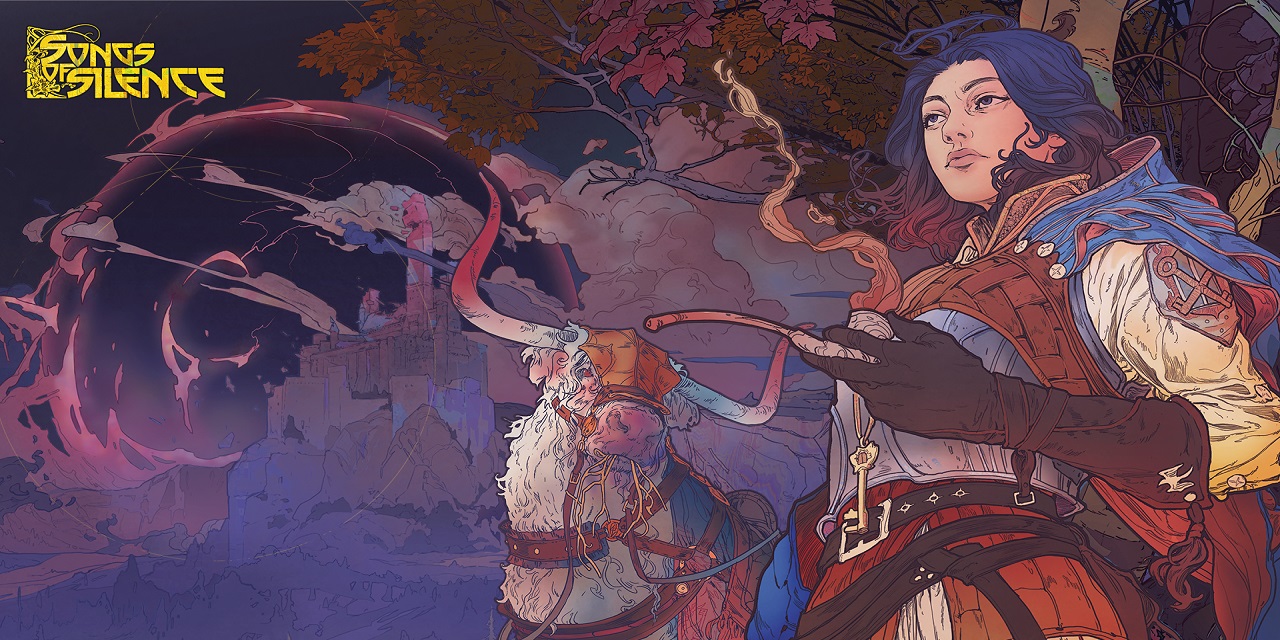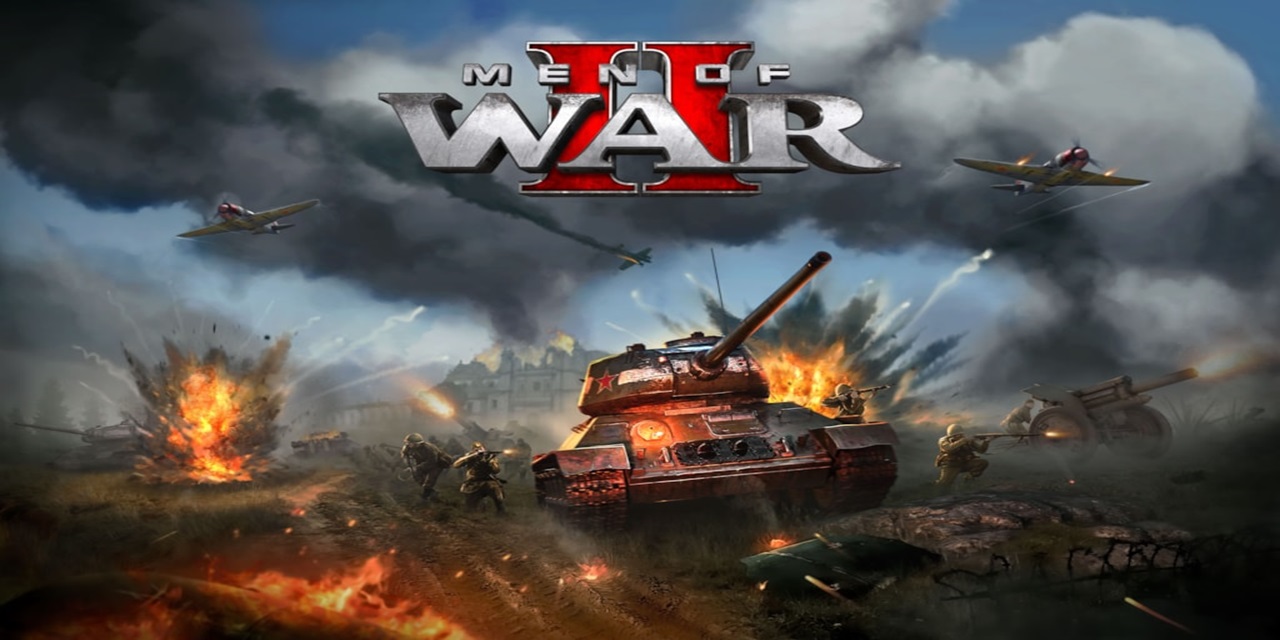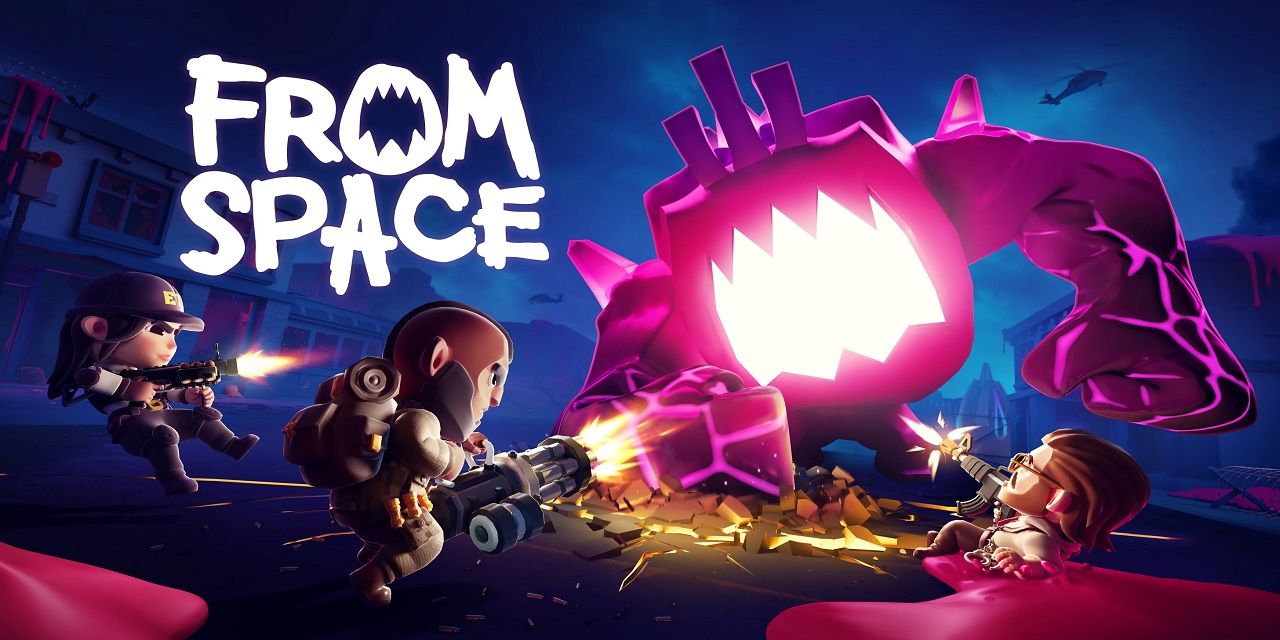RuneQuest: Warlords is an upcoming turn-based strategy game from Virtuos and Slitherine and is currently in development as its 2025 PC release approaches. The game aims to authentically translate the rich, mythical Bronze Age fantasy of Glorantha into a tactical experience, emphasising battle-scale turn-based combat and the intricate system of runes and magic. While the combat is turn-based, I did get a similar sense of playing Age of Mythology at times with the fantasy-style unit models.
While I have not delved into the tabletop RuneQuest game or lore myself, here’s information from the game’s Steam page. The game is set during the crucial year of 7/37 (1608) in Glorantha, focusing on the Talastar Tribes’ desperate fight against Chaos from Dorastor. Players will guide Hahlgrim, a tribal champion, through an 18-mission single-player campaign, encountering iconic characters and forming alliances, even temporary ones with the Lunar Empire. In this press preview demo, we were given access to the first four missions.



From a gameplay perspective, the grid-based tactical combat is a core element, with terrain, unit positioning, and a Zone of Control system demanding careful strategic thought. Units and heroes utilise an Action Point (AP) system, with heroes gaining additional AP for advanced tactics. The integration of Spirit, Rune, and Sorcery magic via Cult Rune Magic is exclusive to Hero units and when available, provide powerful short-term advantages and tactical support in certain situations. In my time with the game with the tutorials turned on, I could not progress the tutorial in mission one. Restarting the game without the tutorial on fixed this so hopefully this is something that is addressed in future updates as I would like to have the magic system explained to me as I play those missions. That problem aside, the rest of the missions’ objectives were easy to follow and enact.
When you click on a unit of troops, both for you and the enemy, each troop within a unit has its own health points visible on the UI info card which indicates a granular level of tactical detail. Units like Talastar Militia, Hearthguards, Shadow Cats, and the Sky Bull will be seen in the game, alongside Broo Marauders and Shamans, showcasing the diverse roster across the three factions of Talastar, Chaos, and the Lunar Empire. Beyond the campaign, Skirmish and Multiplayer modes are confirmed for full release which will offer varied strategic challenges and replayability.



While acknowledging that the game is not yet a full release, we were informed that voice acting in the game is placeholder and subject to change, as are some in-game sounds. These were enough to keep me invested in the story and I preferred having these placeholder voices rather than just reading the text as it helped set the tone and high stakes of each mission well. The game’s visuals ran smoothly over the four missions, and troop units are highlighted if they are obscured by foliage or a building as you pan the camera around. It is clear to see each unit’s movement capabilities and you can utilise different skills if troops have alternates available by activating those on their turn. Before ending your turn, you will be informed if any troops have points left to use in this turn, allowing you to maximise troop placement, especially on wider, more open levels.
While RuneQuest: Warlords is still in development, my first impressions are that this has potential to be a deep and engaging turn-based strategy game. If you are a fan of the tabletop RuneQuest lore then you will get much more out of the battle scenarios and cutscenes, but I was able to follow the story cutscenes well enough and dive into each mission with clear objectives. I am excited to watch development of the game over the coming months and keep an eye out for an upcoming demo. You can see more about the game and gameplay via the below video from Slitherine.
These first impressions utilised a preview key provided by Slitherine and RuneQuest: Warlords is in development for a Steam release in 2025.
#roundtablecoop




